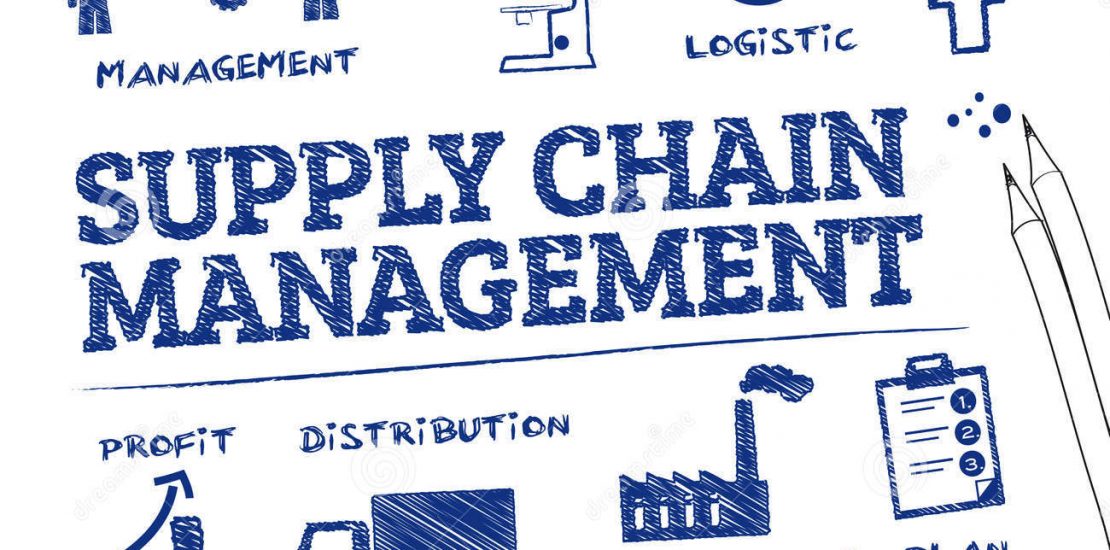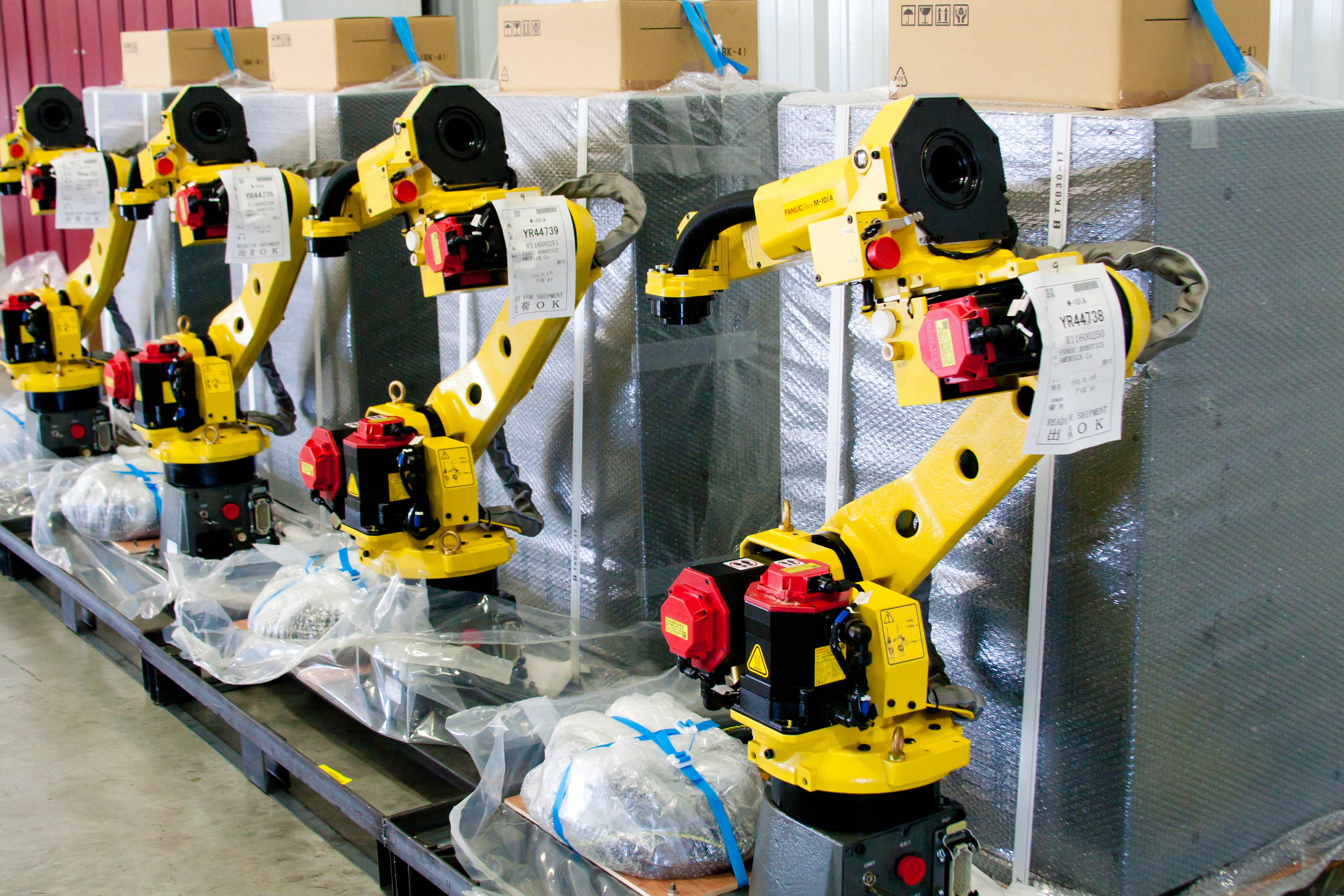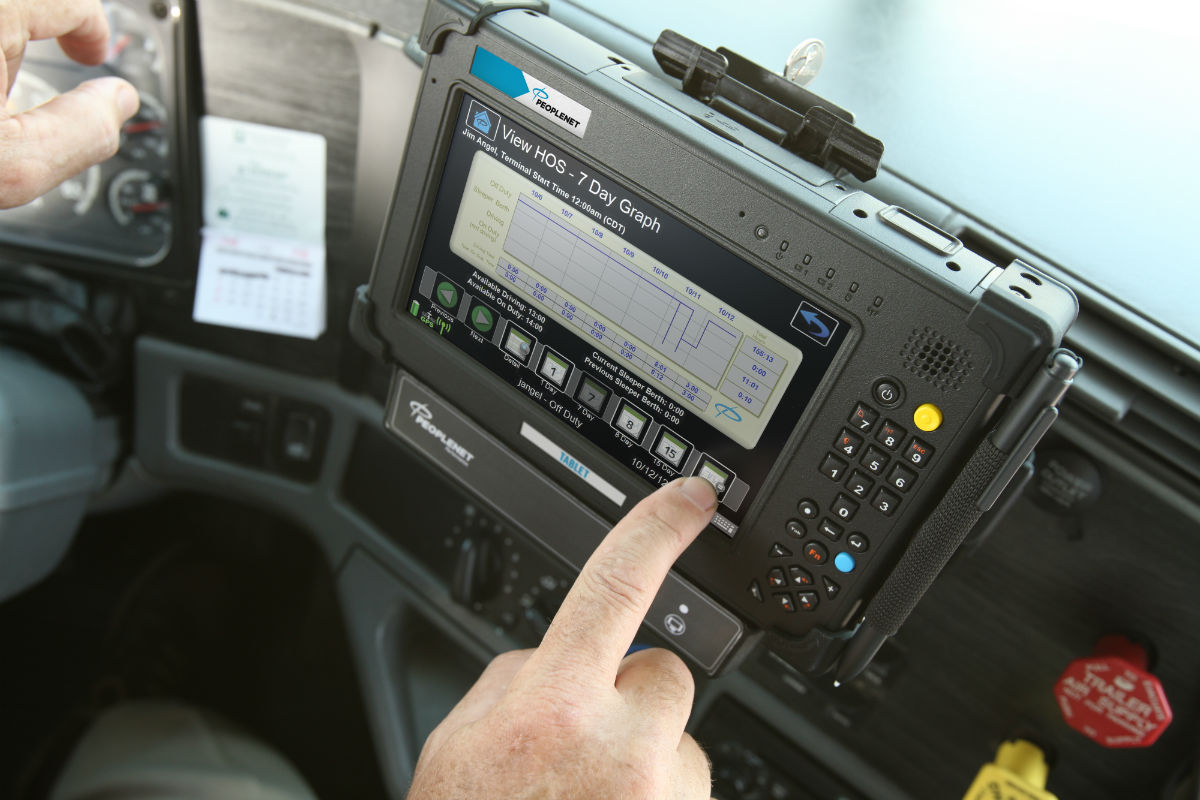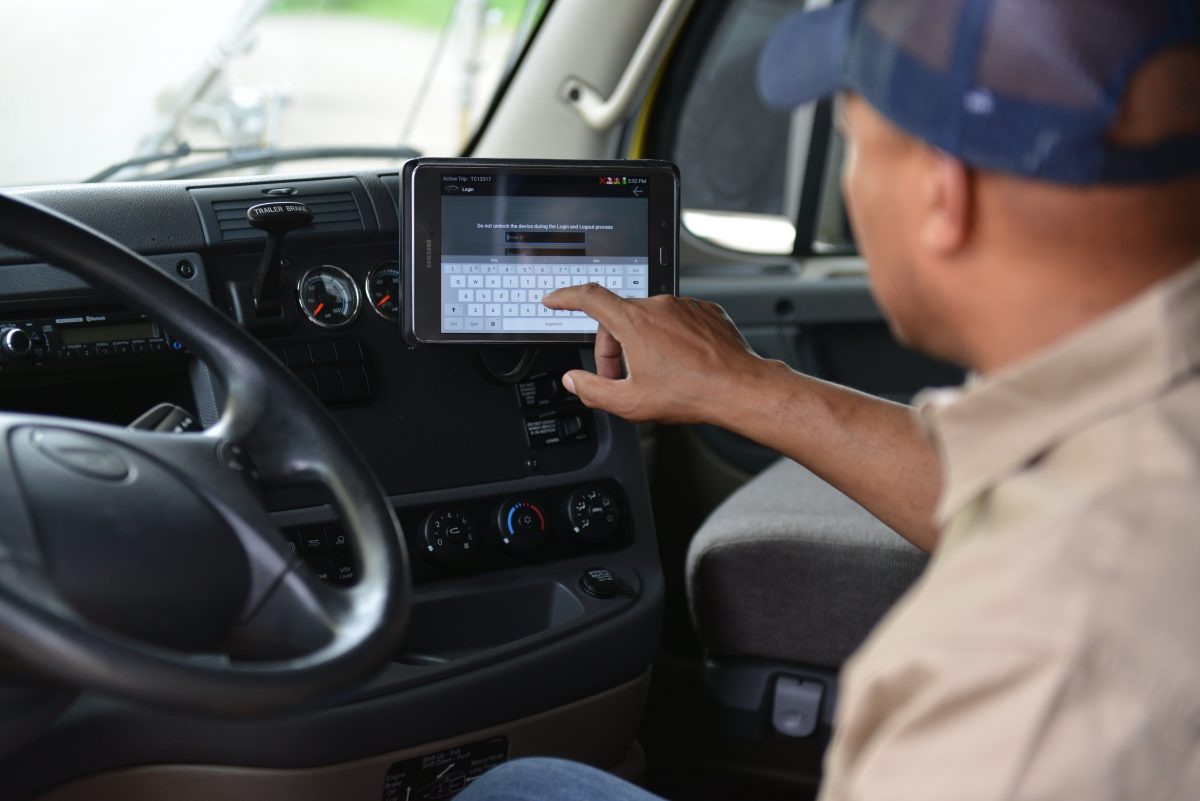In Part 3 of our New Business Series, we explain the importance of the Bill of Lading (BOL) which is one of the most important shipping documents. This will help you build an efficient supply chain for your growing business. You can find the other posts in this series at the bottom of the post.
A properly filled Bill of Lading is a necessary document for any shipment, providing all pertinent information about locations, parties involved, and specific shipping directions. Generally, a Bill of Lading seems pretty straightforward. However, a small error or oversight can cause major headaches down the line, so it is important to pay careful attention when filling out a BOL. New customers may be intimidated by filling out a BOL, but it is a relatively simple practice that becomes easier with time and experience. Just like any professional document, the most important part is to pay attention and double check all of the information.
The shipper and consignee addresses should be analyzed with care. One wrong digit in the zip code could cause delays in pickup or delivery, so they should be double checked every time, even if the software fills them in automatically. Moving too fast with auto-fill may accidentally bring up an entirely different location in another state. When left unfixed, this can mean there will be reconsignment delays and fees down the line. Taking a few seconds to scan the information is far easier than re-routing a truck and talking to angry customers or vendors.
A shipper does not need to fill out a PRO number – that’s the carrier’s job – but they should provide a PO number and BOL number that matches their records. Upon pickup of the freight, the carrier will provide a PRO number, and customers need to document this for tracking and billing purposes. Much like with shipper and consignee information, any reference numbers should be double-checked and recorded with care. This makes tracking, searching, and filing more efficient. A missed or incorrect digit means that the file will have to be searched manually, which takes much more time.
The Bill of Lading is very important, but it doesn’t need to be scary. Avoiding errors is as simple as double checking and paying attention to detail. Taking a moment at the beginning of the process will make for smoother sailing throughout the life of the shipment. It is important to remember that this is a binding document and should be treated as such. If you still need assistance with the BOL, feel free to reach out to our expert staff at Zip Xpress today!
To read the other posts in our New Business Series:
Part 1: I Just Got a Huge Order, Now What Do I Do?











